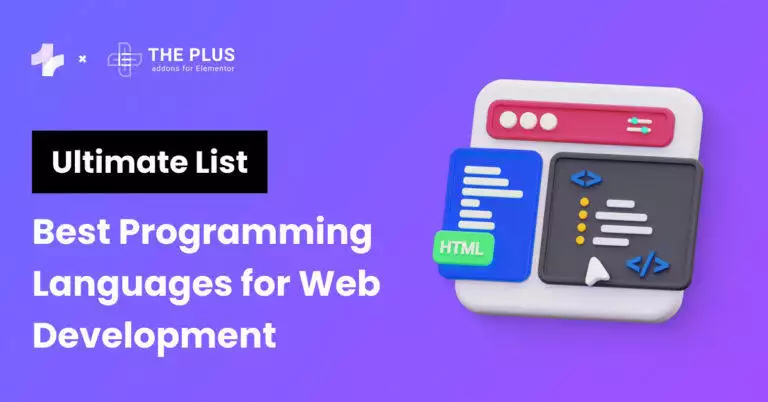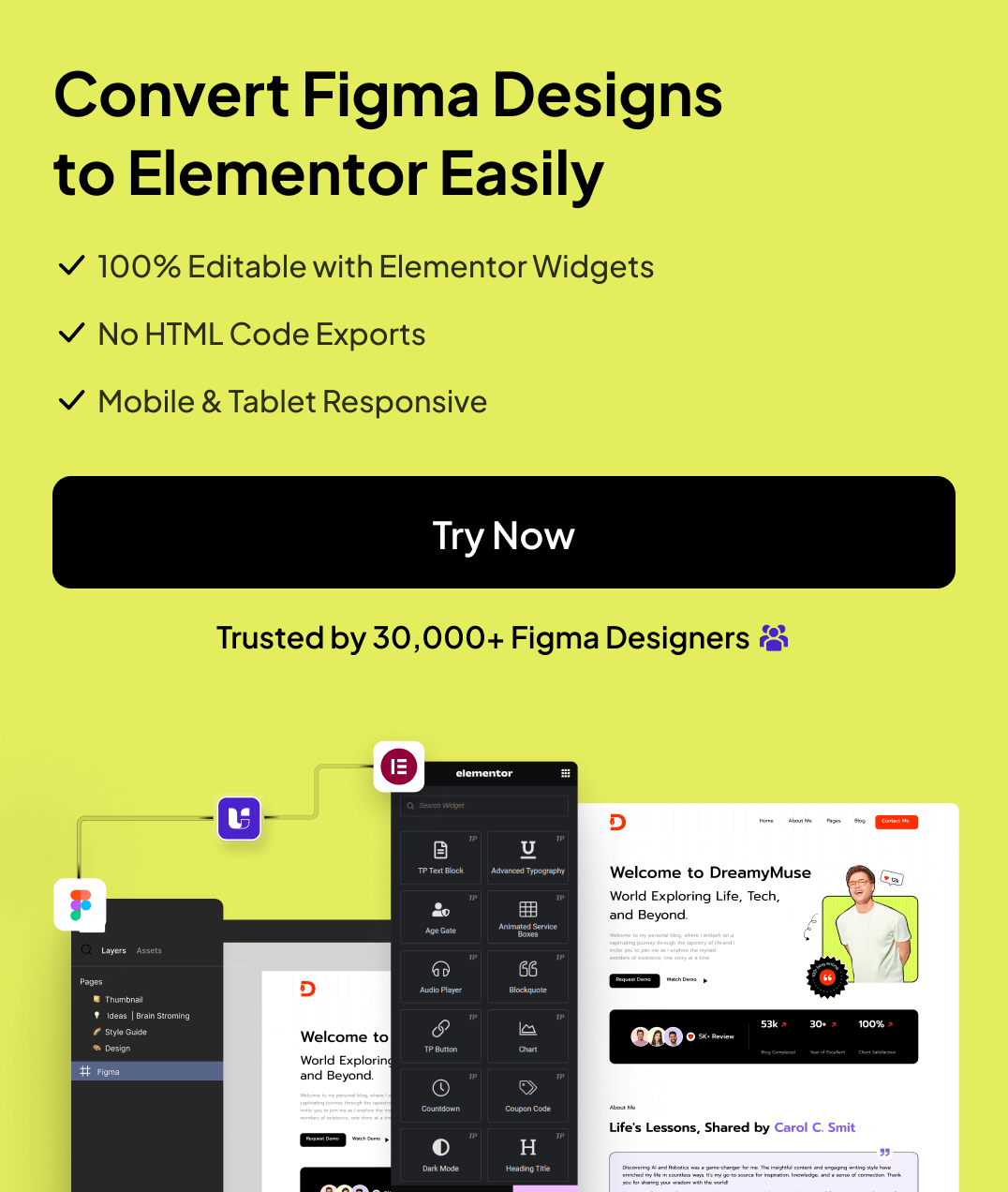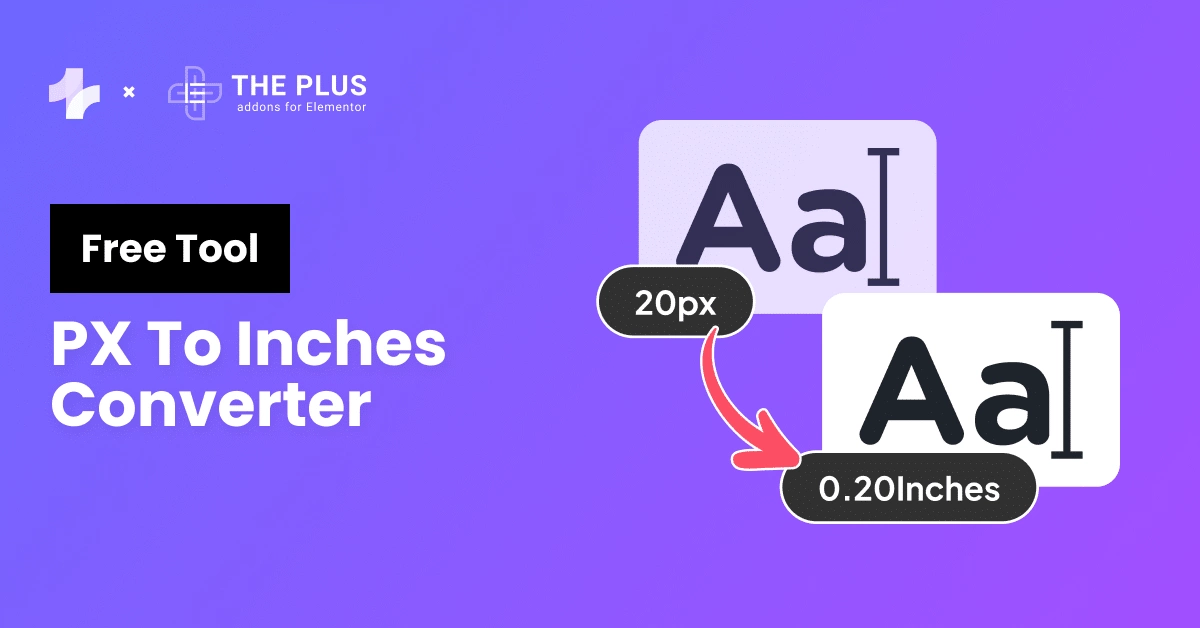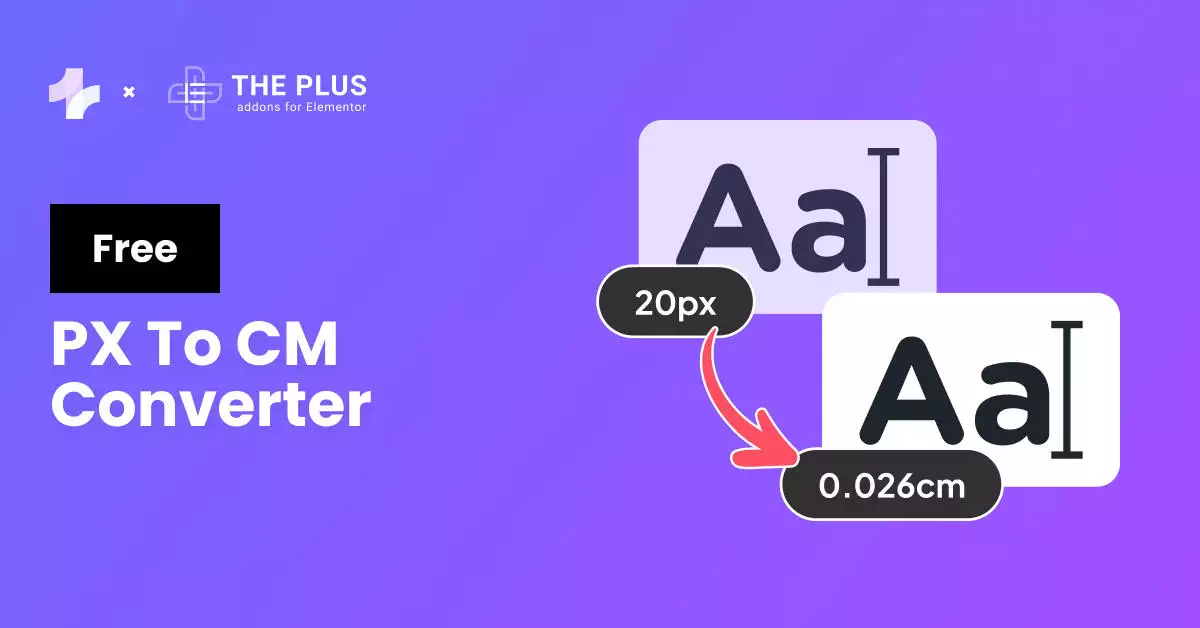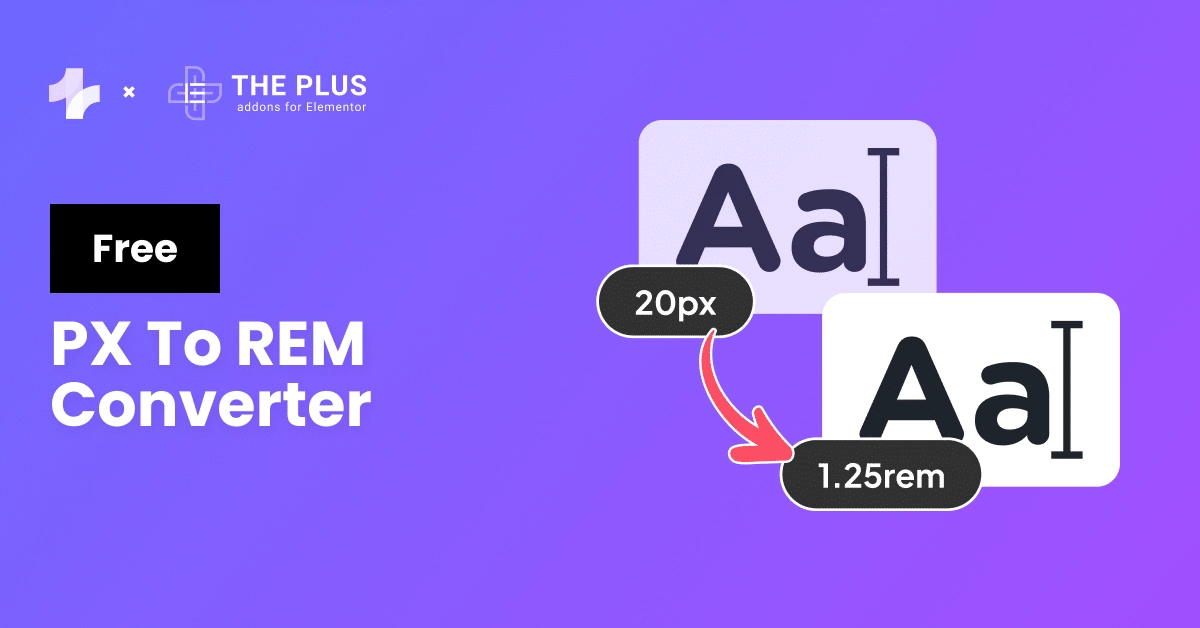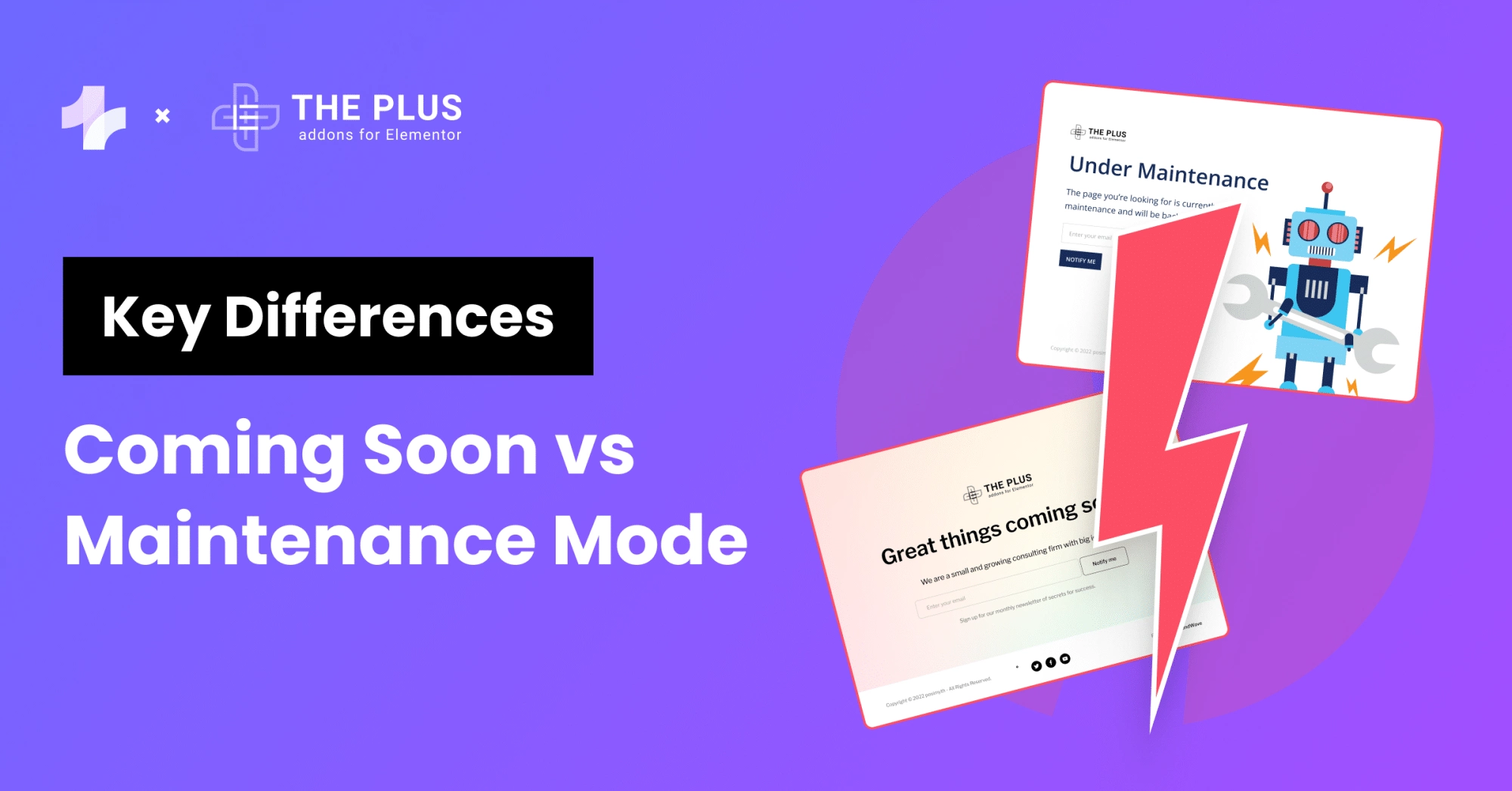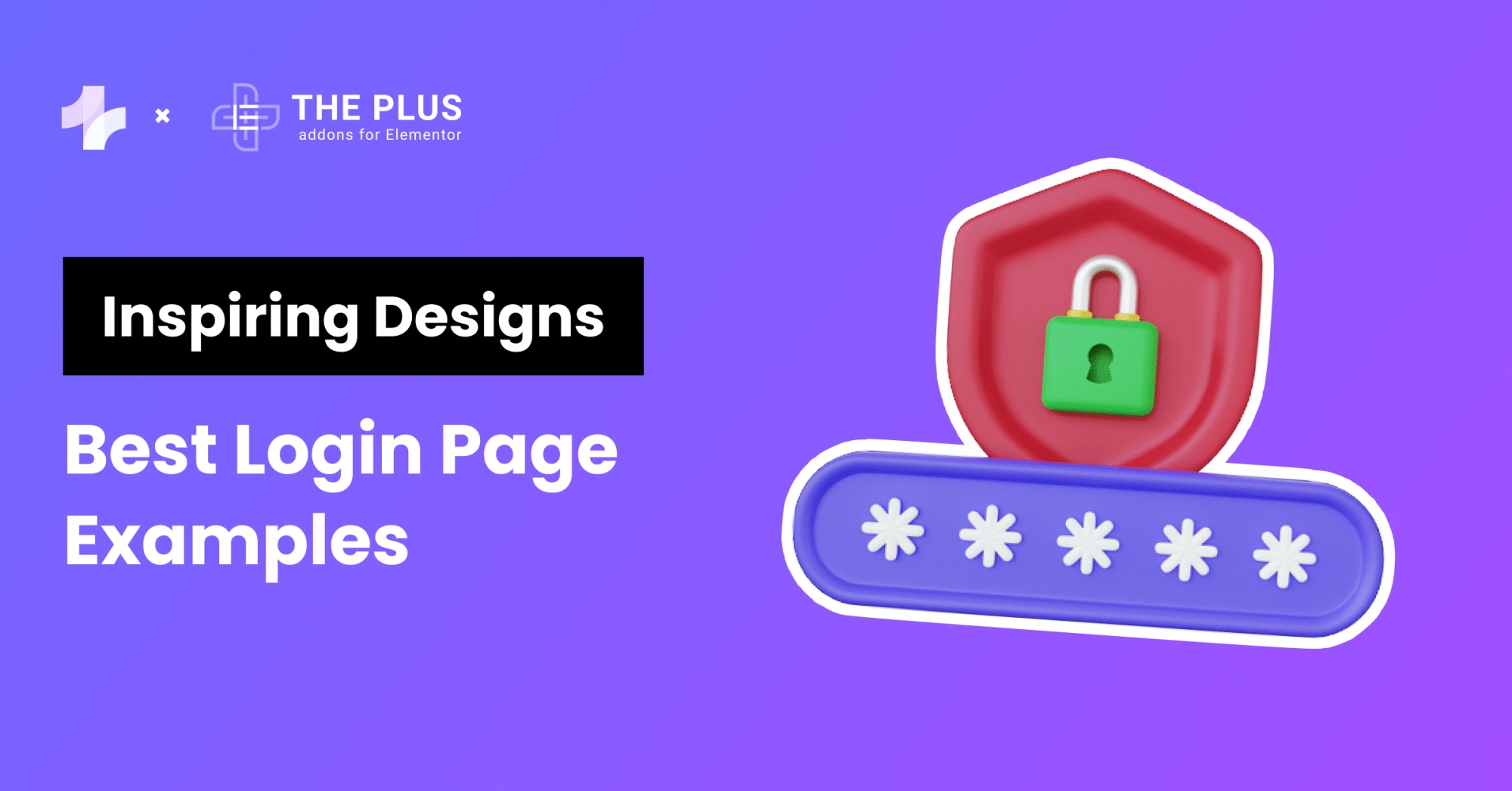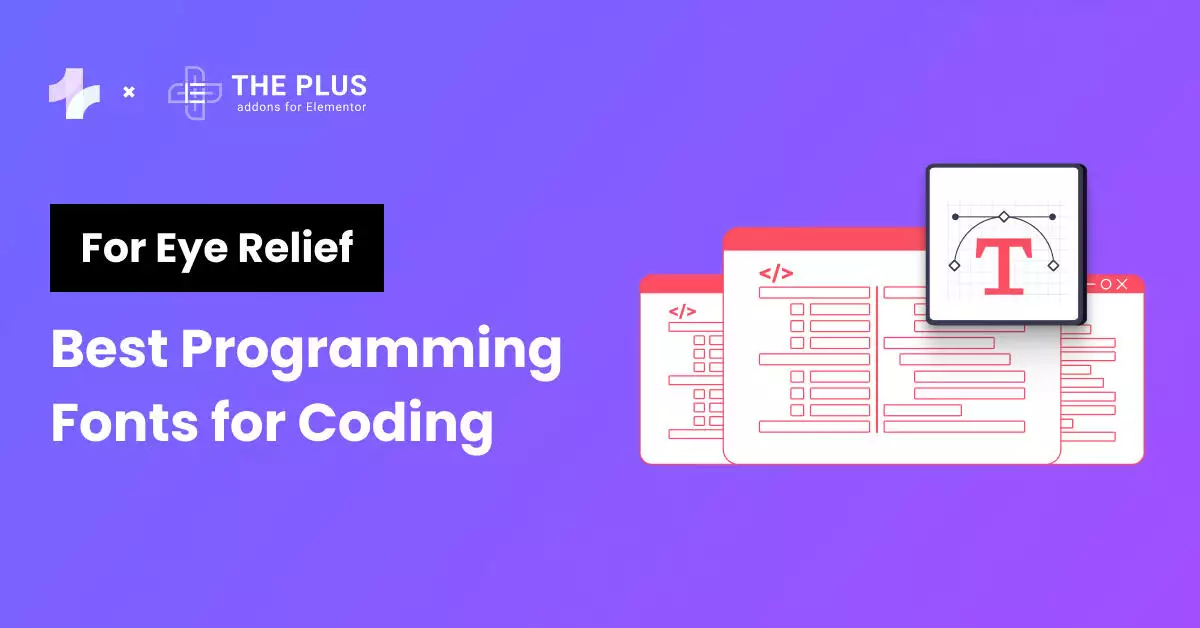The world of web development is evolving fast. To create cutting-edge web pages and apps, you need to become proficient in the right languages and frameworks.
HTML, CSS, and JavaScript are the pillars of the past, but newer ones like Python, Go, and Rust address the needs of the present.
Selecting the right language for your project will boost its productivity and results. For instance, JavaScript and Swift help you provide engaging and dynamic customer experiences.
Whereas, languages like Java and Ruby at the backend are the solid foundation to manage your data and business logic.
In this article, we will cover the 10 best programming languages that are reshaping web development today and can give an edge to your project.
Before we learn the languages, let’s understand why choosing them perfectly matters.
Why Does Programming Language Choice Matter?
You should take a cautious approach while choosing programming languages for the front-end and back-end functionality of a website.
- Front-end languages manage visual elements, controlling design and user interaction.
- On the other hand, Back-end languages, such as Java, Ruby, Python, or .Net, focus on business logic and data storage.
So, selecting a suitable front-end and back-end language is crucial. They facilitate faster and smoother web development and boost efficiency, scalability, and integration removing inconveniences.
Also, they ensure consistent experiences for your users with impressive and tough websites meeting modern needs.
Additionally, analyzing project needs against language proficiency helps to make a smart language choice.
Now, let’s look at the basics of front-end and back-end development.
Front-end Development Vs Back-end Development Essentials
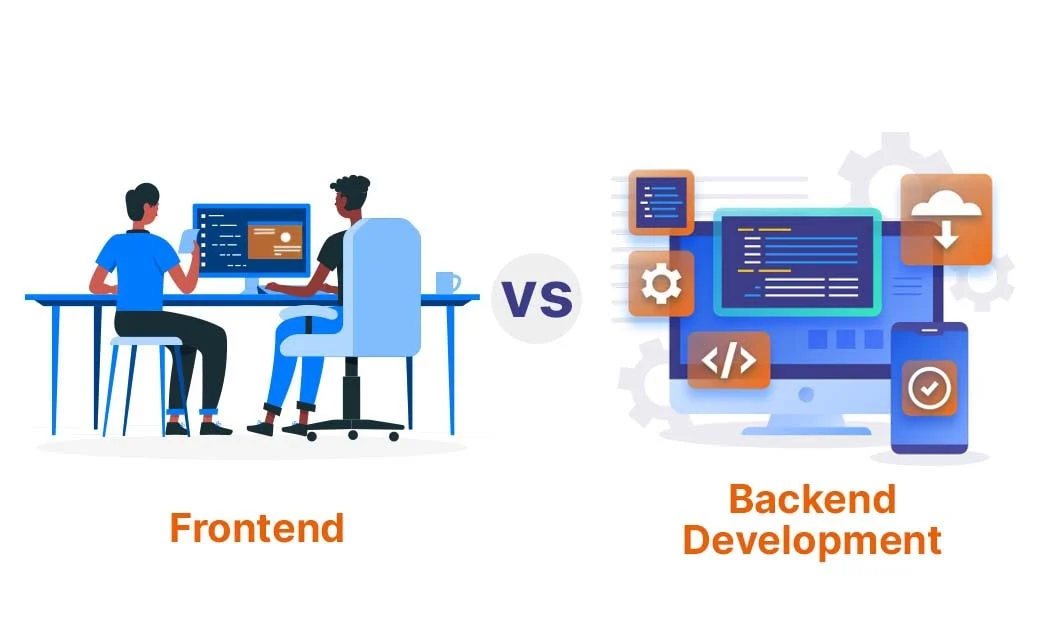
Front-end is the face of web apps or sites that enable user interaction with your product which enables user engagement through HTML for content structure, CSS for styling and layout, and JavaScript for dynamic behavior.
Front-end developers skillfully combine these trios to create sophisticated user interfaces optimized for any device and browser.
Back-ends power server-side operations, leveraging languages like Python, Ruby, PHP, and Node.js for tasks like easy coding, displaying logic, querying databases, data handling, security, and API integration.
Together, efficient front-end and back-end development deliver fast, intuitive, and high-quality digital experiences with robust APIs and scalable infrastructure.
List of 10 Best Programming Languages for Web Development
1. JavaScript
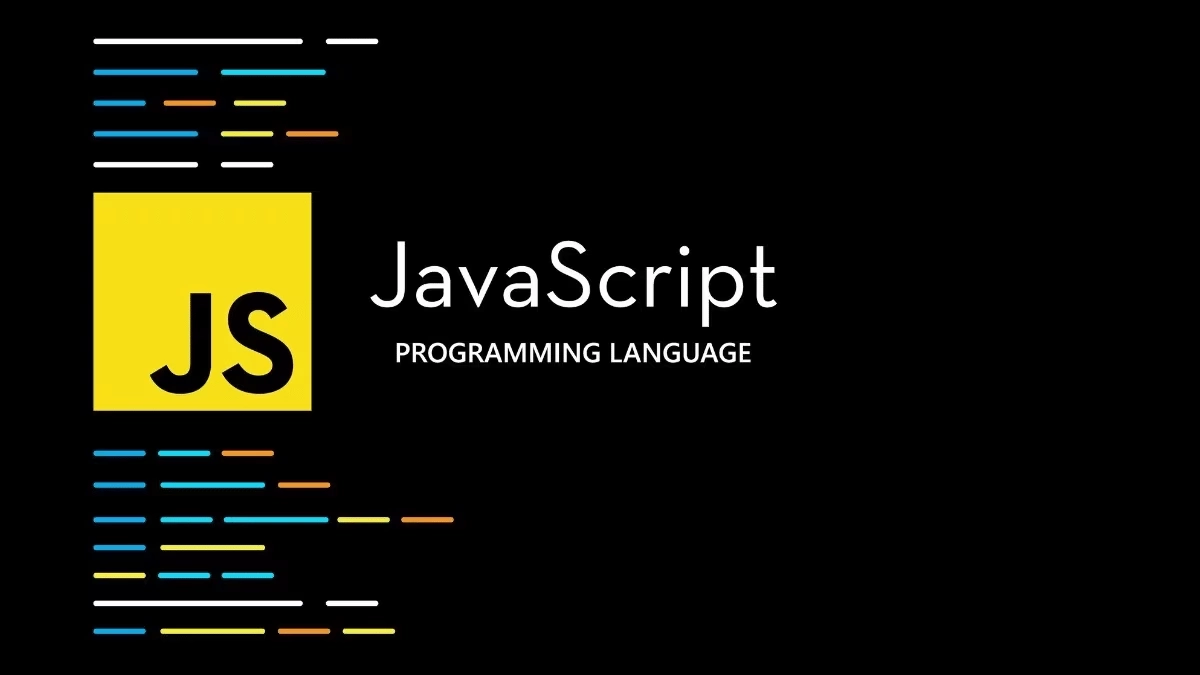
JavaScript powers the interactive web as a lightweight scripting language running in browsers, making webpages dynamic and responsive.
Moreover, JavaScript works on both front-end user interfaces and back-end server operations. Some of its key features are:
- Dynamic typing
- Object-oriented capabilities
- Functional programming support
- Platform independence
- Prototype-based structure
- Asynchronous processing
- High compatibility
Many of the top frameworks of today, such as Angular, React, Vue, Express, TypeScript, and Next.js, are based on JavaScript.
JavaScript has also evolved to support mobile app development with React Native and nativeScript to meet its rising demand.
With the thriving ecosystem of JavaScript, it has ensured its position as a pillar of modern web development and into the future.
Suggested Read: How to Add Custom JavaScript in Elementor [Free Methods]
2. TypeScript
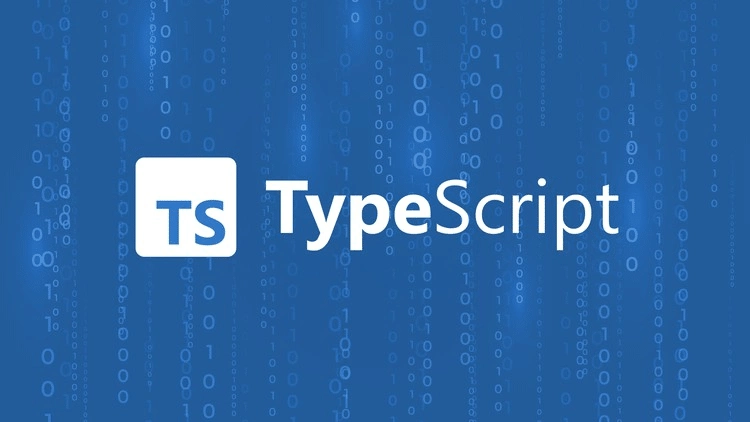
TypeScript brings static typing to JavaScript, boosting large-scale web development.
Quickly rising in popularity, this open-source language compiles JavaScript for broad browser and device compatibility.
By introducing types, TypeScript brings confidence, scalability, and time savings to applications. Its key features include:
- Object-oriented programming
- Seamless JavaScript library integration
- DOM manipulation abilities
- Portability across environments
- Transpilation to JavaScript
Developed by Microsoft in 2012, TypeScript excels at complex front-end and back-end systems.
NestJS, FeatherJS, Loopback, and AdonisJS are its leading frameworks, best for your large-scale apps. Its typing and OOP support make TypeScript a go-to choice for complex web projects.
3. PHP

PHP still holds supremacy in back-end web development due to its unbeatable simplicity and adaptability.
This open-source scripting language enables cross-platform development to offer dynamic sites and apps faster.
PHP also excels at server-side scripting and integration. It also boasts features like
- Easy-to-learn syntax
- Seamless HTML embedding
- Object-oriented capabilities
- Interpreted for platform independence
- Built-in security and encryption
- Effective error handling
The most used PHP web frameworks are Laravel, Symfony, CodeIgniter, Yii, and CakePHP.
It also fuels prominent eCommerce platforms like WordPress and Drupal, with its community support and abundant libraries allowing for the development of flexible and durable backend solutions.
Suggested Read: How to Increase WordPress PHP Memory Limit (4 Easy Methods)
4. Python
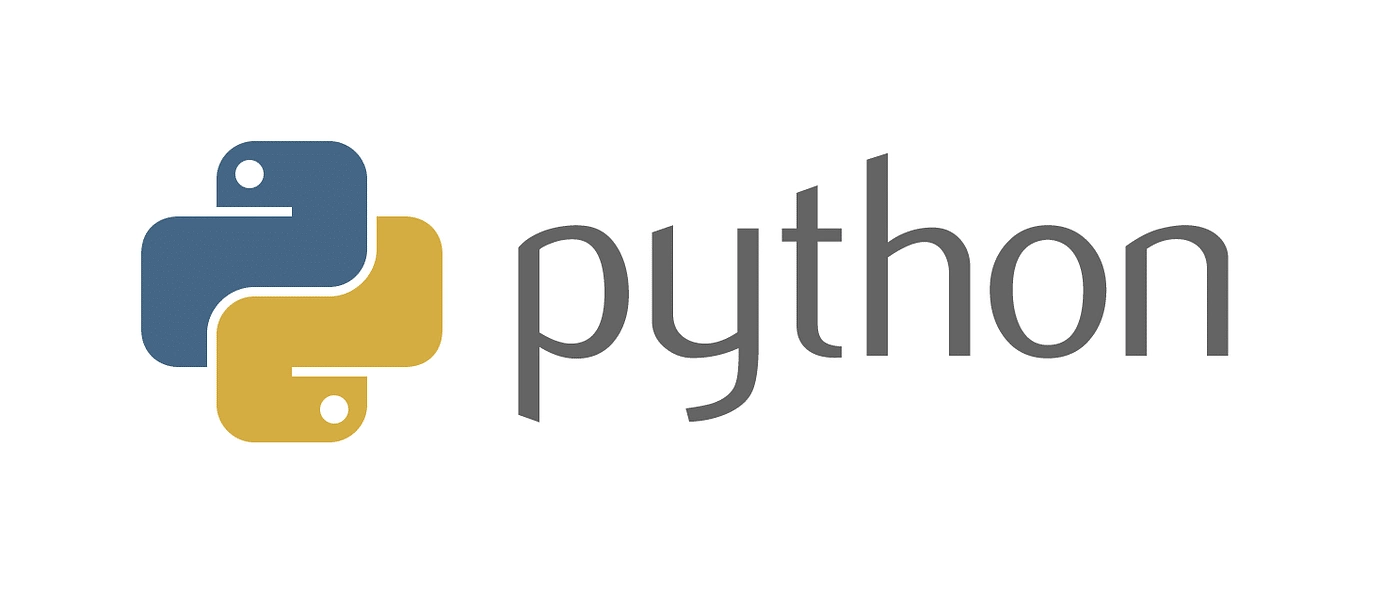
Another popular programming language known for its versatility and simplicity is Python, which dominates web development nowadays.
Highly used for modern needs in automation, ML, and data science, this high-level language excels at the backend with features like
- Clean and readable syntax
- Large and active community
- Broad compatibility and integration with Java, C, C#, etc.
- Comprehensive standard library
- Many web frameworks and tools
- User-friendly data structures and extensive modules
The popular Python web frameworks are Django, Flast, Pyramid, Bottle, CherryPy, and TurboGears.
As an efficient backend web development language, Python enables scalable, data-driven, and enterprise-grade modern projects.
Hence, its versatility and seamless interoperability make Python a compelling choice for your web development endeavors.
It is therefore a great option if you want to hire Python developers for various projects.
5. Kotlin
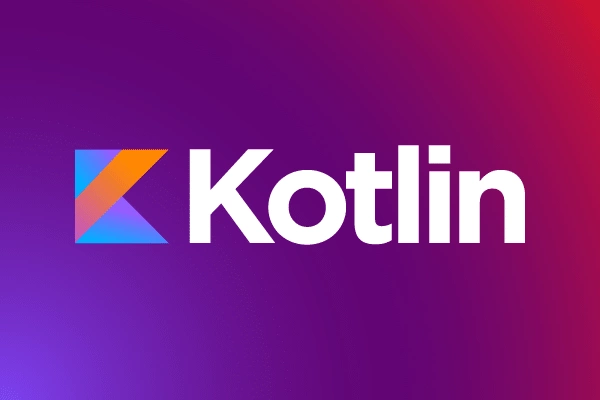
Kotlin has gained popularity, particularly in Android development, and is officially the preferred language of Google.
It offers cleaner syntax, null safety, and type inference, making it more productive.
It can be used for server-side and web applications through frameworks like Spring Boot and Ktor. Its key features driving its popularity are:
- Prevents null pointer exceptions, a common Java issue.
- Adds functionality to existing classes without modifying the original code.
- Simplify asynchronous and non-blocking code.
- Integration with major IDEs
- Data classes to reduce boilerplate code
Some of the leading Kotlin frameworks are Spring MVC, Ktor, Javalin, KVision, and Doodle.
Kotlin’s support for lambda functions and Java integration make it suitable for scalable web solutions.
According to a 2022 JetBrains report, 65% of Android developers use Kotlin.
6. Swift
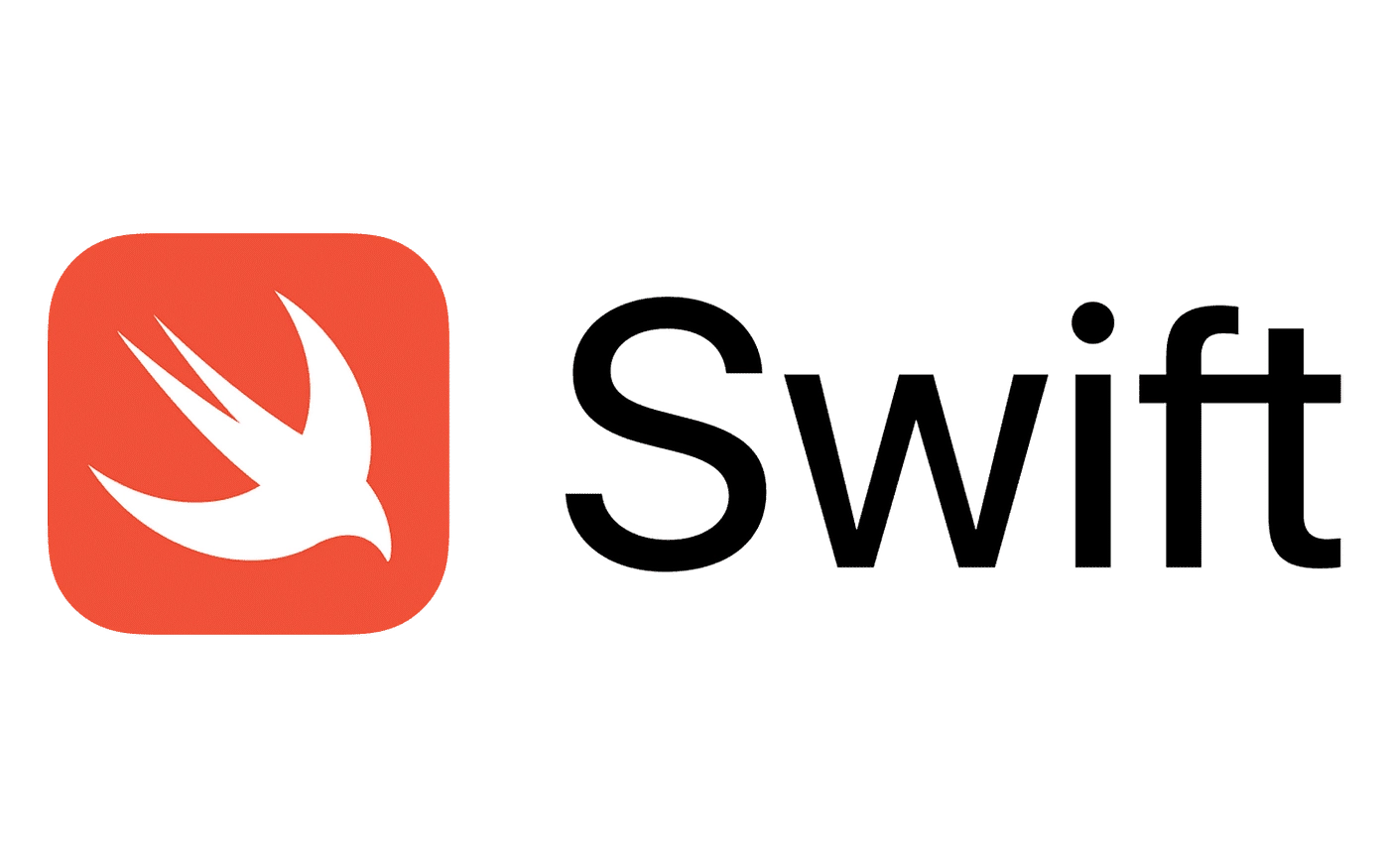
Swift is a general-purpose programming language developed by Apple in 2014. It is open-source and designed for building applications across Apple’s ecosystem.
Swift is known for its safety features, readable syntax, and seamless integration with Objective-C. Its key features include:
- Strong typing for type safety
- Readable syntax
- Automatic Memory Management (ARC) to prevent memory leaks
- Closures for compact, expressive coding
- Generics for code reusability
- Playgrounds for interactive learning
With Swift, developers can create user interfaces for iOS, macOS, and other Apple platforms. It powers frameworks like UIKit, APPKit, and SwiftUI.
Popular Swift frameworks include SwiftyJSON, Alamofire, Lottie, RxSwift, Kingfisher, and Charts.
Swift’s stability and performance contribute to its growth in iOS and cross-platform app development.
7. GO

Go, or Golang, is a statically typed and compiled language developed by Google. It is gaining popularity in web development for building back-end systems and microservices.
Go is known for its simplicity, concurrency features, and cross-platform capabilities. Its key features comprise:
- Fast compilation and execution, generating efficient machine code
- Goroutines and channels for writing concurrent programs
- Clean syntax similar to C, with garbage collection for memory management
- Cross-platform capabilities
- Static typing for reliability
With its reliability and high performance, Go is used by companies like Google, Twitch, and Uber for scalable web services.
The top web frameworks in Go include Gin, Echo, Beego, Fiber, and Gorilla Web Toolkit.
Go’s lightweight syntax and multicore support make it ideal for data-intensive and high-traffic websites.
8. Dart
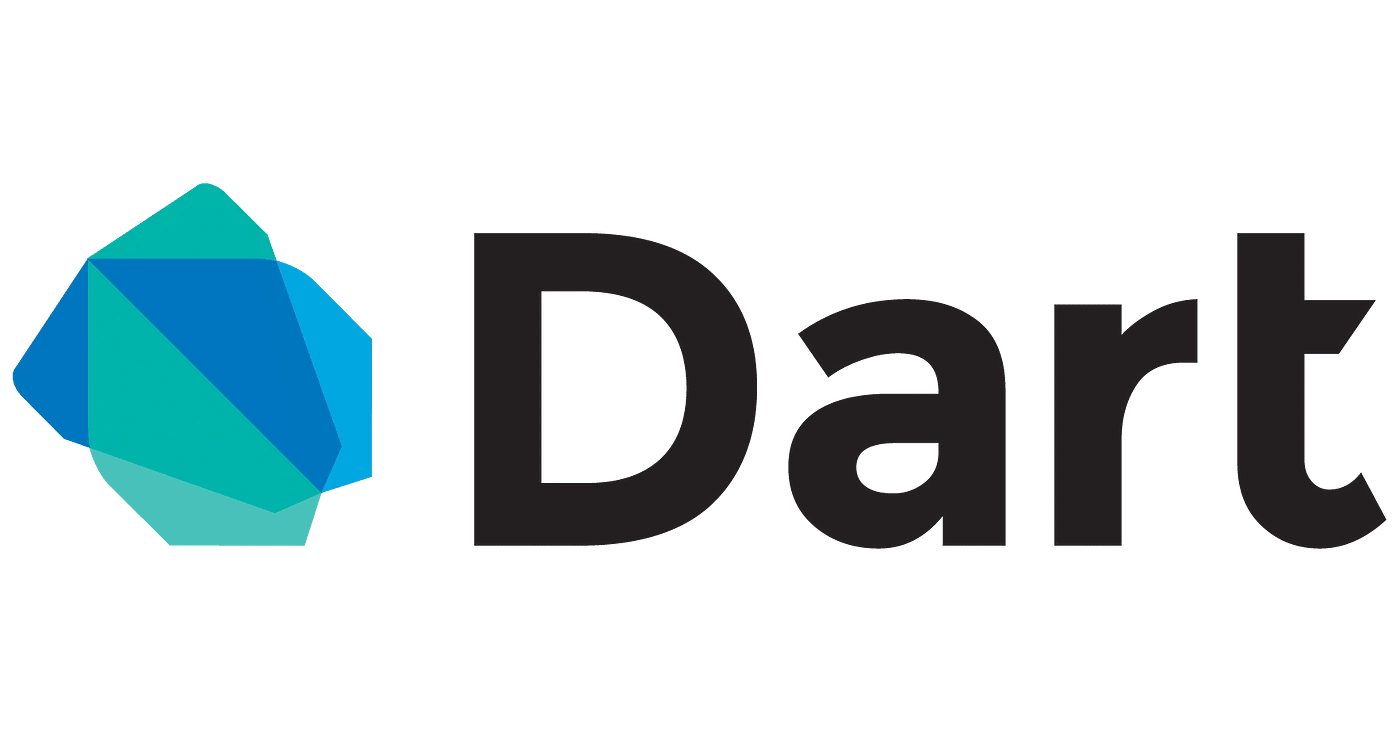
Developed by Google, Dart is a statically typed, object-oriented language for web development.
It has gained immense popularity due to its use in creating cross-platform mobile applications through the Flutter framework.
Its key features contributing to its success are
- Easy-to-learn syntax
- Cross-platform development with Flutter
- Efficient performance and fast compilation times
- Hot Reload capability for instant code change reflection during development
- Extensive support and growing ecosystem
While initially designed for web development, Dart has found its niche in mobile app development, with Flutter being the driving force behind its adoption.
It also supports frameworks like AngDart for web applications. Combining simplicity, efficiency, and cross-platform capabilities, Dart has emerged as a powerful tool in the mobile development landscape.
9. Ruby
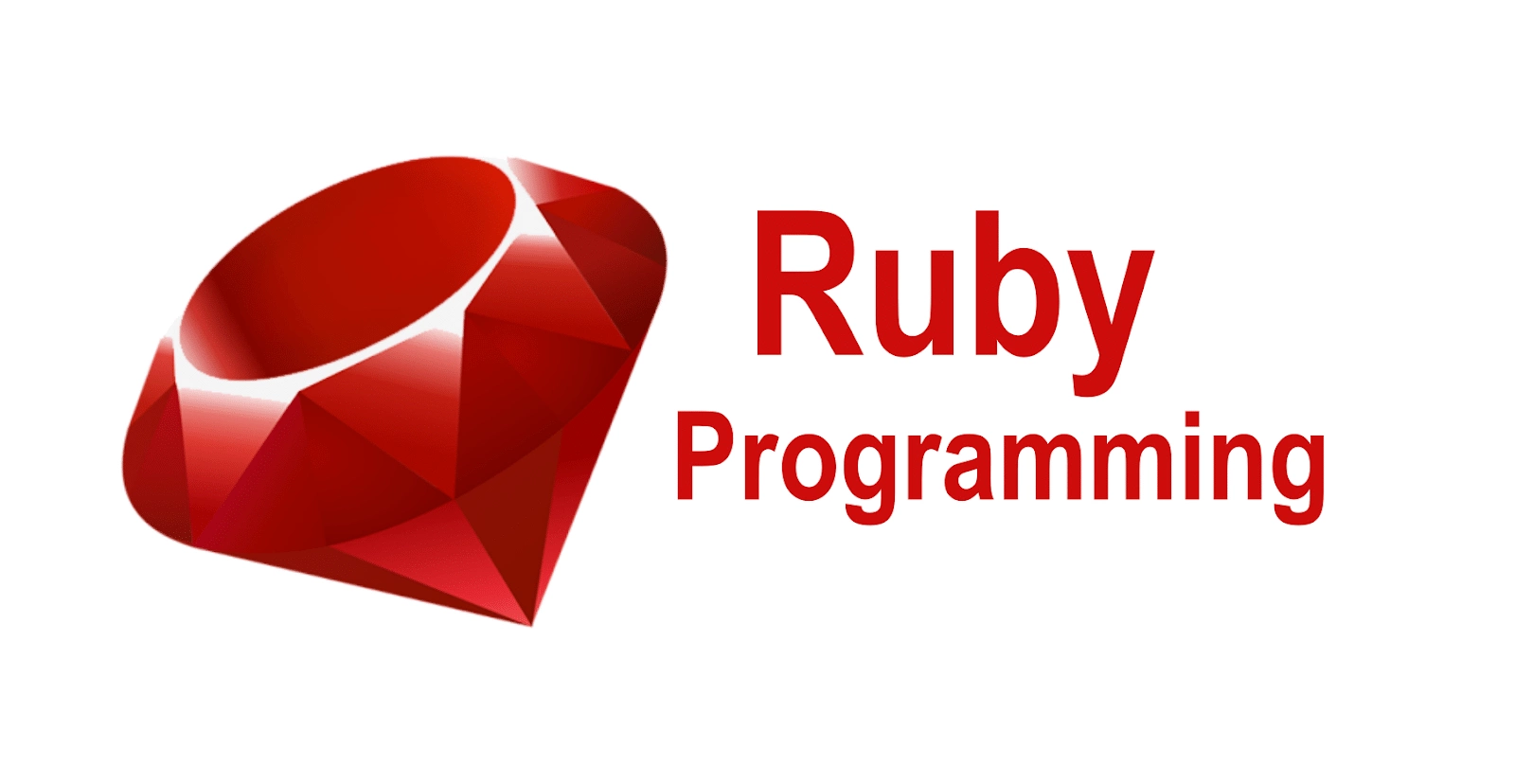
Ruby is a dynamic programming language that has solidified its position in web apps.
With Ruby 3.2 becoming the most popular version (43% share), the language continues to thrive, offering a compelling choice for efficient and productive web development, backed by a robust framework and a vibrant community.
Its key strengths lie in
- Readable and concise syntax resembling natural language enhances the developer experience.
- A vast ecosystem provides extensive libraries (gems) for diverse functionalities.
- Best used in data science, DevOps, and scripting capabilities
Leading Ruby web frameworks are Rails for full-stack apps, Sinatra for small apps, Hanami for clean architecture, and Padrino for enhanced productivity.
Ruby provides readable, scalable, and secure web solutions with modern agility and power.
10. Rust
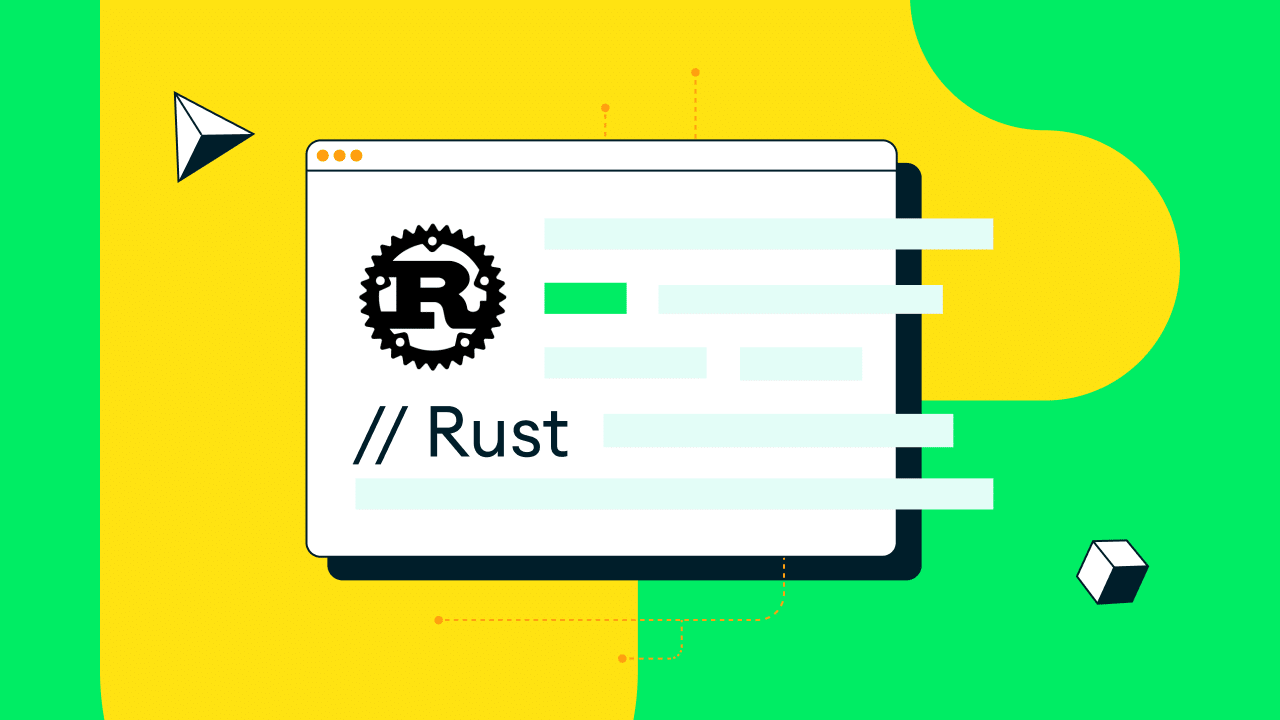
Rust, a statically typed and compiled language, is rapidly gaining popularity for backend applications, shining in building high-performance web servers, APIs, networking applications, and blockchain technology.
Its appeal lies in:
- Exceptional performance and speed, compiling highly efficient code
- Robust memory safety through its ownership and borrowing system
- Built-in concurrency support for handling high-traffic and real-time interactions
- Capable of complex applications
Leading Rust web frameworks include Actix-Web, Rocket, Iron, and Rocket-Actix.
Additionally, Rust’s focus on speed, stability, and control makes it ideal for CPU-intensive back-end tasks.
If you are seeking secure, resilient foundations powering your web apps and platforms, Rust provides an appealing systems-level alternative.
How to Choose the Right Language?
Selecting the right programming language is pivotal for the success of your web development. Some consider these pointers while doing so:
- First, align the language with the project scope, budget, timeline, and problem domain, prioritizing efficiency, performance, and scalability needs.
- Evaluate tooling support, time to production, debuggability, language paradigms, ecosystem maturity, team skills, and costs.
- Finally, assess scalability, time to market, maintainability, and company culture fit.
The best languages must match your project requirements while optimizing productivity.
So, engage in careful analysis to help you choose ideal languages to build secure, robust websites and web apps.
Further Read: 10 Best Programming Fonts for Coding [For Eye Relief]
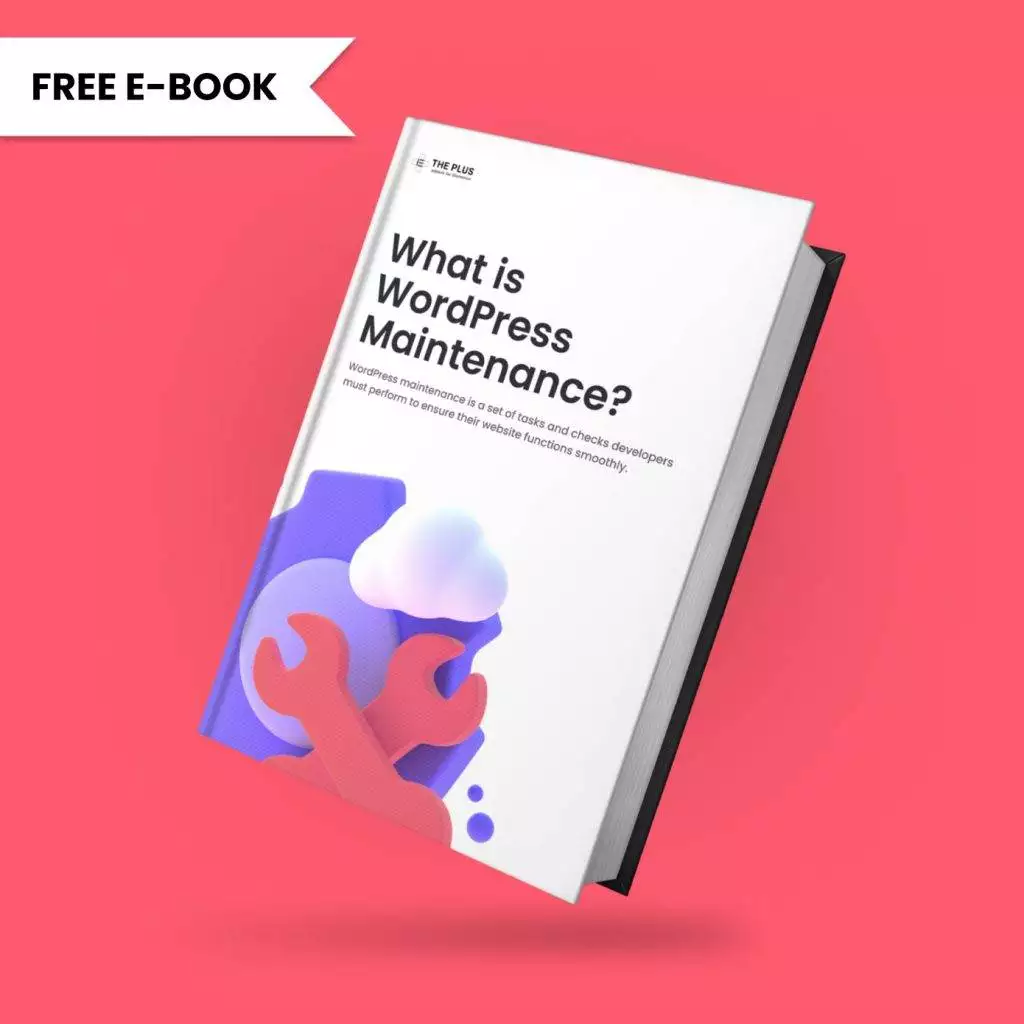
Do you Manage WordPress Websites? Download Our FREE E-Book of 20+ Checklist for WordPress Site Maintenance.
Wrapping Up
Choosing the right programming language is what makes web experiences come to life.
Under JavaScript, Python, and Ruby, you can develop performant websites and apps that are scalable and robust.
However, careful consideration of your project goals, resources, and technical needs facilitate the best language selection.
The future of web development may see new languages like Go and Rust prepping to compete with long-time winners like Python and JavaScript.
If you intend to build the next generation of interactive websites, leveraging these 10 best programming languages for your web development can give you a strong platform to create success.
With dedicated experts and capable tools, the possibilities for innovation are endless. The web waits for no one: it’s time to start building.
